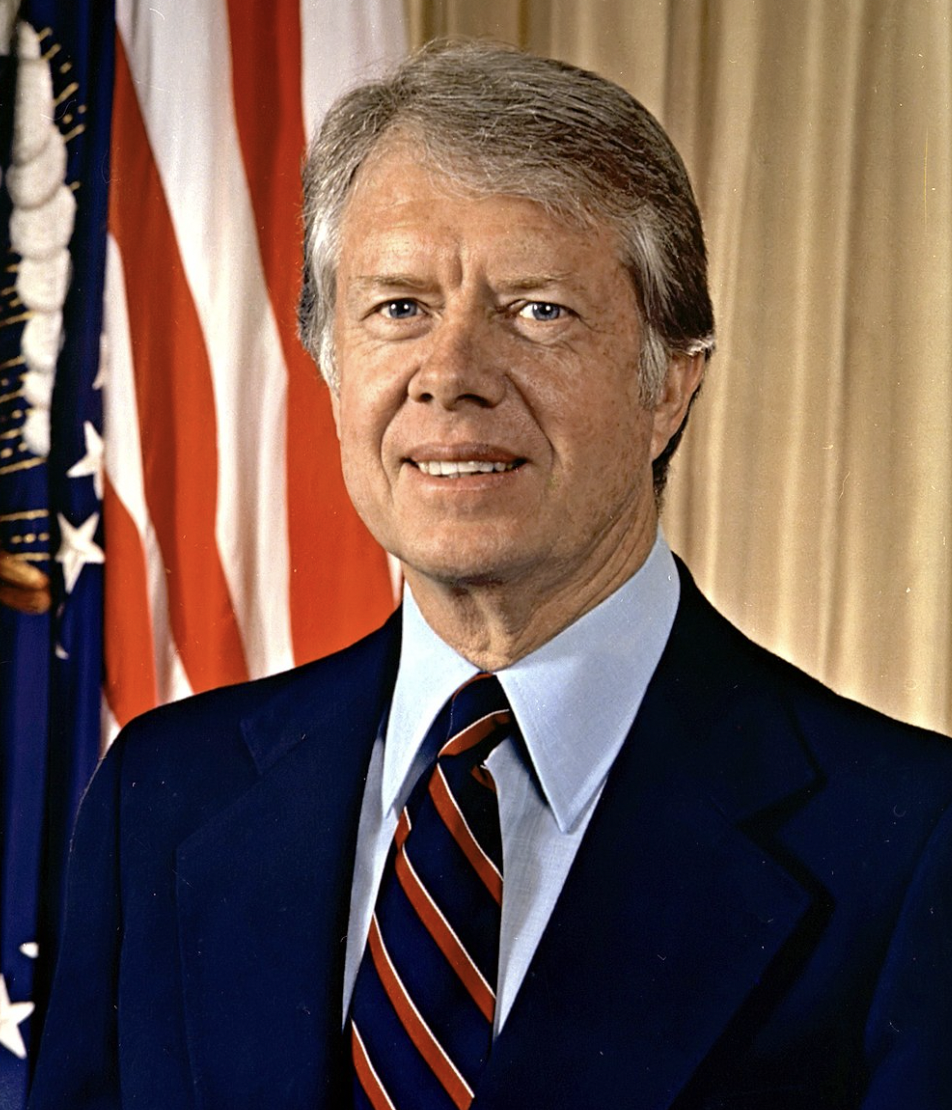From pv magazine USA
James Earl Carter, Jr., born Oct. 1, 1924, was the 39th president of the United States, serving from 1977 to 1981. He died on Dec. 29, 2024 at the age of 100 and is remembered for his diplomacy, for which he was awarded the Nobel Peace Prize in 2002. But perhaps the most lasting part of his legacy is his support for clean and renewable energy.
Carter served at a time when domestic energy policies were under scrutiny as a result of the Arab oil embargo that had triggered a worldwide energy crisis in the early 1970s. Shortly after taking office, Carter described the energy crisis as the nation’s greatest challenge. His National Energy Plan included new laws and regulations, with an emphasis on energy conservation and efficiency, along with the development of alternate energy technologies.
The president forecast that by 1985 the United States could reduce growing energy demand, cut oil imports, and lower gasoline consumption. His administration set the lofty goal of meeting 20% of US energy needs from clean energy by the year 2000.
As an advocate for clean energy, Carter had 32 solar thermal panels installed on the White House in 1979.
“In the year 2000 this solar water heater behind me, which is being dedicated today, will still be here supplying cheap, efficient energy,” he said at the dedication ceremony. “A generation from now, this solar heater can either be a curiosity, a museum piece, an example of a road not taken, or it can be just a small part of one of the greatest and most exciting adventures ever undertaken by the American people.”
To continue reading, please visit our pv magazine USA website.
This content is protected by copyright and may not be reused. If you want to cooperate with us and would like to reuse some of our content, please contact: editors@pv-magazine.com.




By submitting this form you agree to pv magazine using your data for the purposes of publishing your comment.
Your personal data will only be disclosed or otherwise transmitted to third parties for the purposes of spam filtering or if this is necessary for technical maintenance of the website. Any other transfer to third parties will not take place unless this is justified on the basis of applicable data protection regulations or if pv magazine is legally obliged to do so.
You may revoke this consent at any time with effect for the future, in which case your personal data will be deleted immediately. Otherwise, your data will be deleted if pv magazine has processed your request or the purpose of data storage is fulfilled.
Further information on data privacy can be found in our Data Protection Policy.